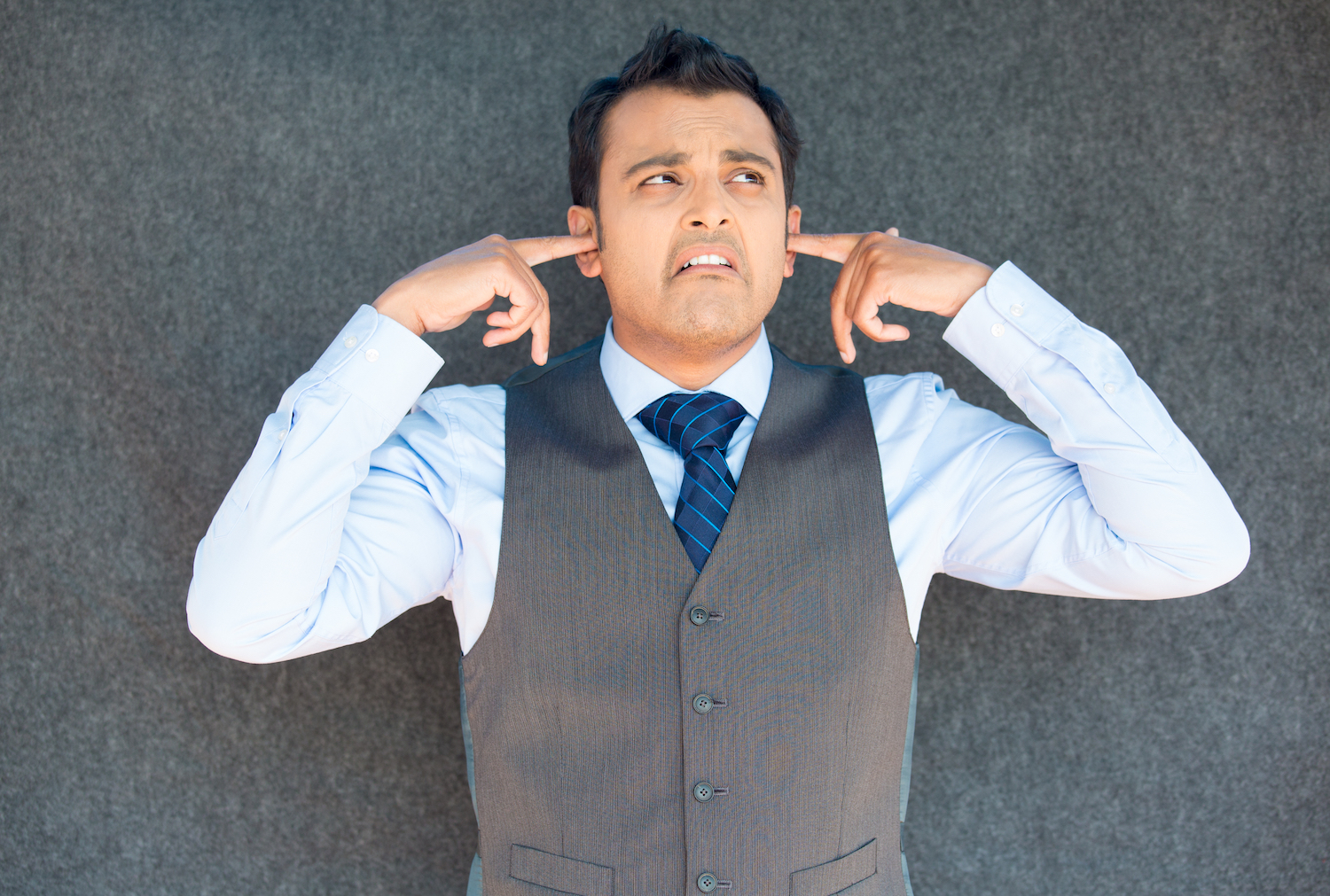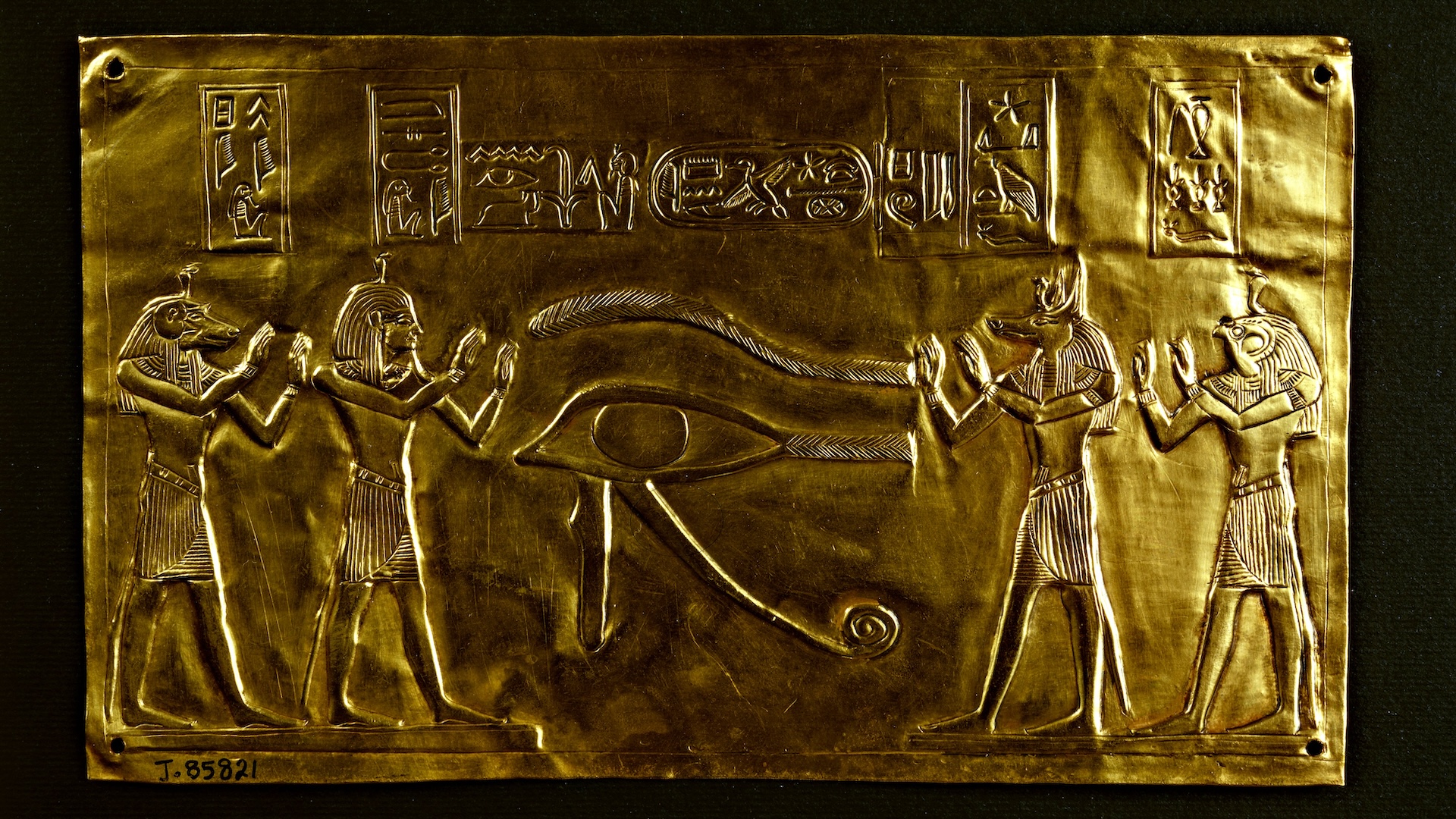
Misophonia: Why Do Some Sounds Drive People Crazy?

Could a seemingly innocent sound like someone chewing potato chips shoot up your heart rate and send your brain into a frenzy as if you were caught in a life-and-death situation?
For people who suffer from misophonia, it can. Misophonia is a mysterious condition characterized by the experience of strong negative emotions, often anger and anxiety, in response to some everyday sounds other people make, such as humming, chewing, typing and even breathing. Although at first glance it may sound like an unfortunate but trivial annoyance, studies so far paint a more serious picture.
"Some people doubt whether it's really a disorder. They say, 'Well, I get annoyed as well when I go to the movies and someone is eating crisps,'" said Damiaan Denys, professor of psychiatry at the University of Amsterdam. "There's one important difference: These patients really suffer. We have seen divorces, we've seen people quitting their jobs." Lack of awareness about the condition has even led to children with misophonia being diagnosed with much more severe disorders like attention-deficit/hyperactivity disorder (ADHD) or autism, Denys told Live Science. [What is the Taos Hum?]
Misophonia has been scarcely researched and is not yet formally recognized as a psychiatric or neurological condition. But some psychologists who have seen the intense distress it causes in their patients are convinced it should be taken seriously.
"I completely believe it exists, based on the research and based on my interactions with patients," said Ali Mattu, an assistant professor in medical psychology at the Columbia University Irving Medical Center in New York City. "I'm just not quite sure what it is."
A brain that's slightly different
The underlying mechanism of misophonia is not fully known, but scientists suspect it's caused by the way some people's brains process particular sounds and react to them.
In a new study published May 17 in the journal Scientific Reports, Denys and his colleagues monitored the brains of 21 people with misophonia and 23 healthy participants as they watched video clips of the following actions: triggering sounds, like lip smacking; neutral events, such as a person meditating; or gross scenes from movies.
Sign up for the Live Science daily newsletter now
Get the world’s most fascinating discoveries delivered straight to your inbox.
Only the misophonic clips caused a different response between the two groups. When watching a video of lip smacking or heavy breathing, people with misophonia felt intense anger and disgust, and their heart rates spiked. Their brain scans showed hyperactivation of the salience network, a group of brain areas that direct our attention to noticeable things in our surroundings.
The study's findings matched those from a study last year by another team, published in the journal Current Biology. That study found that in people with misophonia, trigger sounds send the salience network into an overdrive and activate brain areas responsible for regulating fear and emotions, as well as forming long-term memories. Using different brain-imaging techniques, the researchers found the connections between these brain areas are different and sometimes structurally more robust in people with misophonia than they are in the general public.
These findings have led scientists to suspect misophonia is caused by a different wiring of the brain, causing the brain to perceive particular sounds as highly salient and respond with intense anxiety and distress. In other words, this brain reacts to a chewing sound in a way that's more appropriate for responding to a lion's roar. [Exploding Head Syndrome: A Mind-Blowing Sleep Disorder]
Can a misophonic brain be calmed?
Research into misophonia is so new, the condition is not well-defined and there are no standard guidelines for detecting and treating it. "The biggest challenge I have in treating it is that we just don't have good criteria for what misophonia is," Mattu told Live Science. "There isn't an agreed upon psychiatric definition for it yet.
There's a lot of similarity between people who experience misophonia, but also a lot of diversity, which complicates our understanding of the condition. "Some of my patients experience anxiety in response to sounds. Some report disgust and others report rage," Mattu said.
To help patients with misophonia, therapists use a variety of techniques, often based on the type of symptoms. "What emotions are experienced and the thoughts that come up with those are key to treating this problem," Mattu said.
Those who experience fear and anxiety may respond to exposure-based treatments, in which therapists help them learn to manage their symptoms while exposing them to trigger sounds. In contrast, patients who experience anger learn to manage their distress through, for example, distraction or relaxation techniques. The most effective therapy so far appears to be cognitive behavioral therapy, in which therapists help people change the way they think about these situations and learn to shift their attention, Denys said.
- What's That Noise? 11 Strange and Mysterious Sounds on Earth & Beyond
- What Is White Noise?
- Why Does the Sound of Water Help You Sleep?
Originally published on Live Science.











